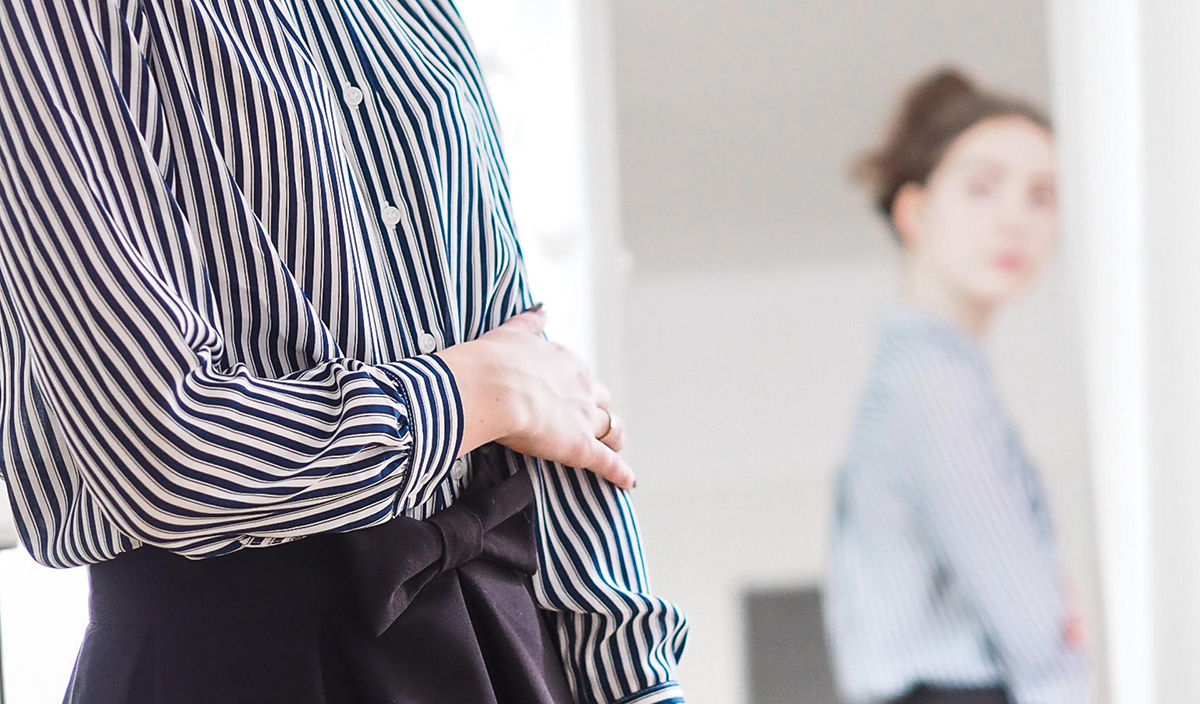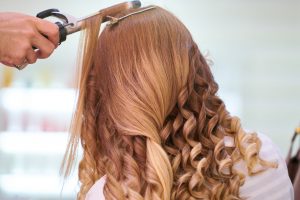By Kristen Rogers, CNN
December 7, 2020
Adolescence is fraught with stressful changes, and the developing body can be one of those challenges, especially if a teen’s body doesn’t meet society’s — or that teen’s — standards.
Negative body image can threaten mental health, according to new research that found teenagers who were dissatisfied with their bodies tended to experience depression as adults.
Previous research has shown that up to 61% of adolescents have reported experiencing body dissatisfaction to some extent, cited a study published Monday in the Journal of Epidemiology & Community Health, documenting a trend increasing alongside the social media boom.
Despite the connection between negative body image and eating disorders, other risky health behaviors and poor mental health, “body dissatisfaction is not widely viewed as a concern” in the public health field, the study authors said.
Few children struggle with depression, but the likelihood grows as children grow — so the authors studied how depression might contribute to the body image of adolescents.
Recent studies have also been predominantly focused on the United States, so the researchers turned their attention toward United Kingdom-based teens, most of whom were White.
When the study participants were 14, on a five-point scale (from extremely satisfied to extremely dissatisfied) they rated their satisfaction with their weight, figure, body build or breasts, stomach, waist, thighs, butt, hips, legs, face and hair. When the participants were about 18, a nurse assessed their depression symptoms and severity.
Both teenage girls and boys were mildly satisfied with their bodies overall, but girls tended to be more dissatisfied than boys. “Females tended to be dissatisfied with their thighs, stomach and weight and satisfied with their hair and hips,” the authors said. “For males, the body parts associated with more dissatisfaction were body build, stomach and hips.”
Weight and figure were the most common areas of distress: At 14, 32% of girls and 14% of boys were dissatisfied with their weight. More than 27% of girls and nearly 14% of boys were unhappy with their figure. Girls who were discontent with their bodies at 14 had mild, moderate and severe depressive episodes at 18, while boys had mild and/or moderate depressive episodes. The findings contrast the ideas that negative body image is exclusive to high body mass index and girls and women.
“Body image encompasses feelings and thoughts about many aspects of appearance beyond weight,” said the study’s first author Anna Bornioli, a senior researcher in transport and urban economics at the Erasmus Centre for Urban, Port and Transport Economics at Erasmus University Rotterdam, via email.
“Whilst someone may be deemed traditionally attractive, they can still feel inadequate and uncomfortable with their body because they do not match up to appearance ideals.”
“Research in the past focused almost exclusively on thinness. When boys and men were found to not want to be thinner, they were assumed to not have body image problems,” said Mike C. Parent, a psychologist and assistant professor in the department of educational psychology at the University of Texas at Austin, via email.
“We now know that boys and men don’t usually want to be thinner—they want to be more muscular,” said Parent, who wasn’t involved in the study. “The present study addresses this somewhat by looking at satisfaction with body parts, not a desire to be thinner, but we can see remnants of the history of body image research emphasizing the experience of girls and women in the body satisfaction items (e.g., hips and thighs are mentioned, but not abs and pecs).”
Becoming body positive
- Remember that bodies come in all shapes and sizes.
- Don’t compare yourself to others. “Most people, when they compare themselves to others, especially females, they come up short,” she added. Additionally, “the person you see on TV isn’t the person that walked into the greenroom.”
- Keep track of any choice you make to feel good about your body. This can help you to begin to enjoy yourself in opportunities you once avoided out of fear of how you look.
- Donate clothes that no longer fit to a good cause. Then find fabrics and colors you feel good in.
- When negative thoughts enter your mind, visualize a stop sign. Realize that it’s mental noise from cultural judgments, comments and comparison and is likely untrue.
- Confront unwanted comments about your body. “Say to them, ‘I’d appreciate if you don’t comment on my body,'” Kearney-Cooke said.
- Be aware that what you see on social media often isn’t reality. Most people post their “very best pictures,” she added. “Go within yourself and let (your) compass of direction be you.”
- Adjust your social media consumption. On social media you can find people of various racial and ethnic identities, body types and abilities, Parent said. You have some degree of power in creating your social media environment.
- Take care of your body in ways that make you feel best. Try to eat healthful foods often but don’t get hung up on “good” or “bad” foods. View your body as something to nurture rather than something to punish through restrictive eating or excessive exercise, Bornioli said.
- Shift to perceiving your body “as an instrument, not an ornament,” she added. Focusing on what your body can do removes emphasis from how you look, and instead makes you more appreciative of how amazing your body is.
“The reality is, real power isn’t trying to make your body look like somebody else’s,” Kearney-Cooke said. “Real power is defining yourself by the choices you make each day, whether that’s around your body or other things (such as that you) chose to listen to a friend when they were down.”




